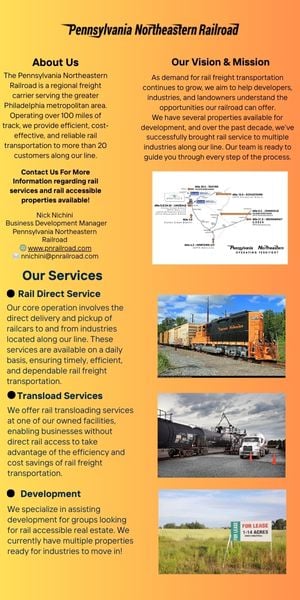
Refreshed Courses Address Critical Skills for Today’s Workforce
On-demand offerings are an asset for CRE professionals.
Attracting, training and retaining talent has grown more challenging for commercial real estate firms in recent years as the COVID-19 pandemic escalated the retirement of baby boomers and the historically low unemployment rate placed pressure on employers to compete for workers. Simultaneously, ongoing technological innovation and the evolving needs of the industry are continuously shaping the skills required of commercial real estate professionals.
Last year, NAIOP surveyed member developers, building owners, investors and asset managers to identify the skills and credentials that are most important to development-related professionals today. Financing, capital markets and underwriting; project planning and due diligence; pro forma creation/financial modeling; and asset valuation were consistently listed among the top hard skills.
To build these sought-after skills, and to develop competency in other core areas critical for a career in commercial real estate, professionals can look to the NAIOP Center for Education. The online hub is a comprehensive resource for professional development and training, with 14 on-demand courses, over 80 individual course modules, and certificate programs in both real estate finance and commercial real estate development.
NAIOP recently refreshed two of its most popular courses: Basic Real Estate Finance and Essentials of the Development Process. The new courses follow the latest best practices for e-learning, with increased interactivity and opportunities to practice and apply new concepts throughout each module. Behind each course refresh are practitioners who share best practices, provide case studies from real projects and lend their real-world insights.
The Basic Real Estate Finance course is designed to provide entry-level professionals with the skills necessary to analyze the financial feasibility of real estate investment opportunities. The reintroduced course will help learners gain an understanding of real estate market participants, valuation fundamentals, determinants of real estate returns, the impact of leverage on real estate investments, interactions between the real estate space market and the capital market, and more. The Advanced Real Estate Finance course, also available in the NAIOP Center for Education, is a natural next step.
Basic Real Estate Finance was revisited with the help of subject matter experts Jonathan Cowan, principal at Legacy Commercial Property Advisors and adjunct professor at the University of Tulsa Collins College of Business; Charles Tu, Daniel F. Mulvihill Endowed Chair and academic director for the Master of Science in real estate program at the University of San Diego Knauss School of Business; and Joan Woodard, former president and CEO of Simons & Woodard Inc.
Essentials of the Development Process examines the seven stages of a comprehensive real estate development model, beginning with raw land in the land banking stage and continuing all the way through the development process to include building renovations and property redevelopment. Case studies used throughout the course include the Potomac Yard project, a decommissioned rail yard split across two municipalities that became retail, office and residential, in Alexandria, Virginia; 1812 North Moore Street in Arlington, Virginia, a brand-new trophy office property that took three years to find its first tenant, illustrating the difficulty of predicting future market conditions; and several others.
Kimberly Kohlhepp, LEED AP, the vice president of development and finance for Kohlhepp Real Estate, lent her expertise for the reintroduced Essentials of the Development Process course.
For learners who want to demonstrate their command of industry best practices, these refreshed courses can be applied toward a NAIOP Certificate of Advanced Study. Basic Real Estate Finance is one of four courses required to obtain a NAIOP Certificate of Advanced Study in Real Estate Finance; Essentials of the Development Process is one of four courses required for the NAIOP Certificate of Advanced Study in Real Estate Development. Each certification requires 48 to 64 total course credit hours to complete. More than 350 professionals have earned their professional certificates through the program to date.
NAIOP continues to introduce new courses and evaluate current course offerings to meet the demands of the industry. Private Equity Fund Structure and Management; Modern Industrial Development; and Fundamentals of Adaptive Reuse are all courses recently added to the comprehensive course catalog.
Explore the resources available to professionals at every career stage in the NAIOP Center for Education at learn.naiop.org.
Brielle Scott is director of marketing and communications at NAIOP.
On-demand Courses Available in the NAIOP Center for Education
|
|
See the skills and credentials identified by NAIOP member developers, building owners, investors and asset managers as most important to development-related professions: blog.naiop.org/2023/08/naiop-survey-degrees. |
RELATED ARTICLES YOU MAY LIKE

What’s Working and What’s Not Working in CRE
An economist’s take on how we got here and what to watch in 2024.
Read More
From the Editor: Uncertainty Clouds Outlook for 2024
The economy is demonstrating resiliency, inflation is easing, and interest rates may hold steady in the coming months.
Read More
Unlocking the Potential of Commercial Real Estate at the University Level
Involvement in educational programs benefits the seasoned and the green.
Read More



